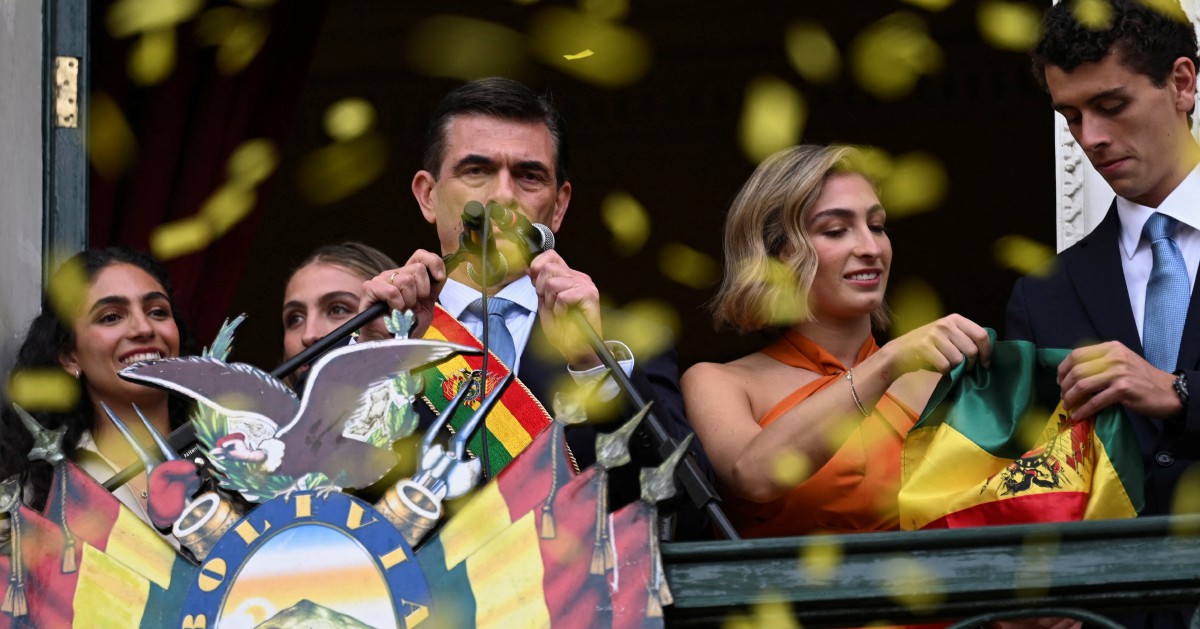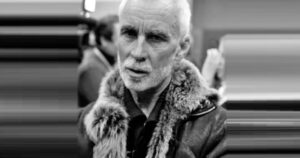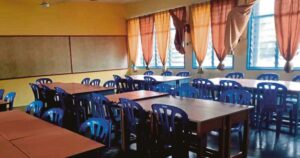LA PAZ: Rodrigo Paz, a pro-business conservative, took office Saturday as Bolivia’s president, ending nearly 20 years of socialist rule and inheriting acute economic woes.
Paz, the 58-year-old son of a former president, drew applause at the swearing-in ceremony at the Bolivian seat of congress as a torrential downpour fell outside.
“God, family and country: yes, I take the oath of office,” said Paz, who won a run-off election last month.
In his inauguration speech, he said Bolivia would now be different and open to the world after two decades of leftist rule that many here blame for the country’s economic ills.
Under Evo Morales, in office from 2006 to 2019, Bolivia took a sharp turn to the left, nationalising energy resources, breaking ties with Washington and making alliances with China, Russia and fellow leftists in Cuba, Venezuela and elsewhere in Latin America.
In one of his first official acts, Paz restored ambassador-level diplomatic relations with the United States after a 17-year break – a rift that came after Morales accused the former US envoy of supporting a right-wing conspiracy.
“Never again an isolated Bolivia, bound by failed ideologies, or a Bolivia with its back turned to the world,” Paz said during a ceremony attended by delegations from more than 70 countries and local VIPs.
Paz will have to address Bolivia’s worst economic crisis in 40 years, with year-on-year inflation at more than 20 per cent and a chronic shortage of fuel and dollars.
Long queues for motorists seeking to fill their tanks have become a way of life.
The outgoing government of Luis Arce exhausted almost all of Bolivia’s hard currency reserves to prop up gasoline and diesel subsidies.
On the campaign trail, the Christian Democrat Paz promised a “capitalism for all” approach to economic reform, with decentralisation, lower taxes and fiscal discipline mixed with continued social spending.
He also promised to maintain social programs while stabilising the economy, but economists have said the two things are not possible at the same time.–AFP
© New Straits Times Press (M) Bhd






